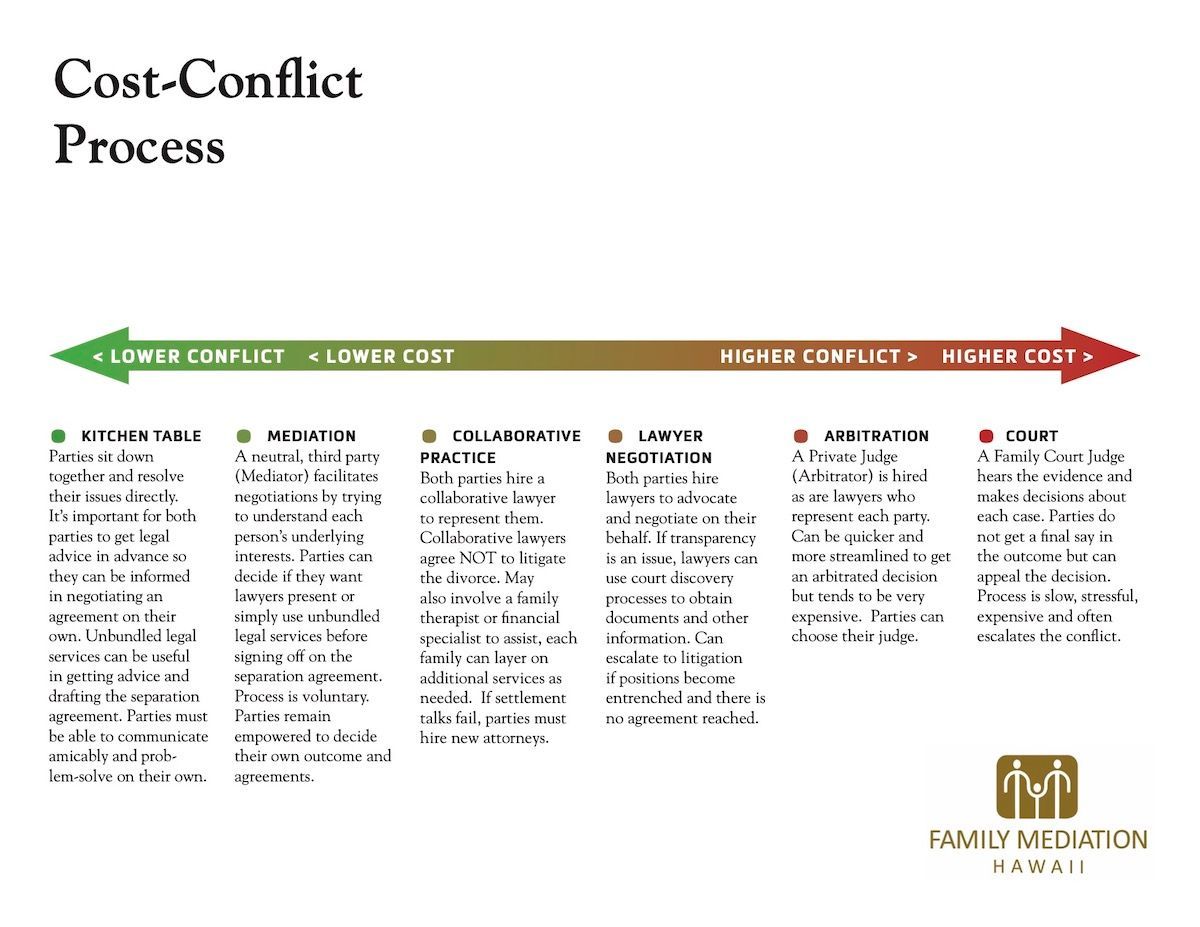Back to School, Back to Structure
Co-Parenting Tips for the School Year

The return to school brings new routines, fresh starts, and—for co-parents—an opportunity to realign around what matters most: supporting your children through a smooth and stable school year.
At Family Mediation Hawaii, we often see an increase in parenting plan adjustments and communication challenges during this season. Here are a few tips we share with families navigating this transition:
1. Start with the Calendar
Before the school year picks up speed, take time to share calendars. Include:
· School breaks and holidays
· Parent-teacher conferences
· After-school activities or sports
· Transportation or pickup responsibilities
Using a shared Google Calendar or co-parenting app like OurFamilyWizard can help prevent confusion and reduce last-minute stress.
2. Review Your Parenting Plan
Many parenting plans differentiate between schedules during focus on summer or general visitation, but don’t always account for school-related logistics. Ask yourselves:
· Who handles morning routines and drop-offs?
· How is homework managed across two homes?
· What’s the plan for sick days or school emergencies?
If your current plan doesn’t reflect the realities of the school year, mediation is a collaborative, child-focused way to update it.
3. Communicate Respectfully with Your Co-Parent
Inevitably, unanticipated issues will come up. If at all possible, foster a co-operative, flexible co-parenting dynamic by:
· Give as much notice as possible for proposed changes to the schedule
· Communications should be brief, informative, factual, and focused on the children. If you are worried you can’t do this yourself, ask AI to help! Copy and paste your draft message and ask AI to make it respectful and child-focused.
· Communicate in writing (text or email is ok) with your co-parent so there is a clear record of any agreements
Remember: Next time YOU might be asking your co-parent for a change. By creating a culture of flexibility, you not only make your life easier, but you give your child the gift of amicable parents who can work together to meet their needs.
4. Make Space for Emotions
For some kids, the start of school is exciting. For others, it’s overwhelming—especially if family dynamics are shifting. Try checking in regularly about how your child is feeling, and keep communication with your co-parent focused on shared goals: supporting your child’s well-being and emotional security.
5. Need a Tune-Up? We Can Help.
A lot changes between one school year and the next. If your parenting plan needs updates or you’re facing communication hurdles, mediation can help you work through it with support and structure.
Call us, or fill out the form below for a free consultation
Family Mediation Hawaii Intake Form
Final Thought
Back to school doesn't have to mean back to conflict. With planning, flexibility, and open communication, co-parents can create a stable, loving environment that helps kids thrive—both in and out of the classroom.












